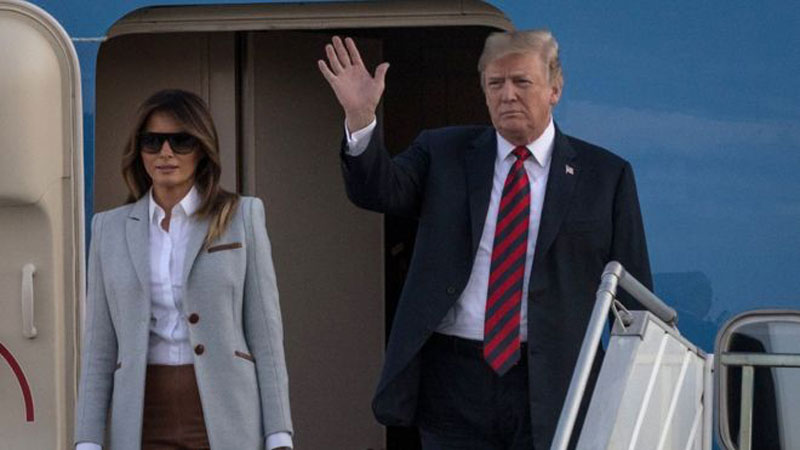×
The Standard e-Paper
Home To Bold Columnists

US President Donald Trump will meet his Russian counterpart Vladimir Putin on Monday, ending a tumultuous European tour in which he criticised his allies.
Mr Trump said he had "low expectations" ahead of the talks in the Finnish capital, Helsinki, but added that "maybe some good" would come of them.